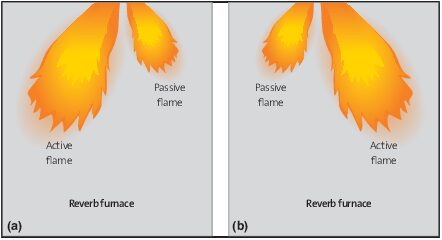|
Scott Bader UK, a Northamptonshire-based chemicals company, announces the intent to invest £30M to transform its flagship UK manufacturing site. The five-year programme will commence in 2024 with £8M earmarked for the first phase. This planned investment will support the group’s UK customers by making the plant more flexible – enabling quicker turnaround times and the rapid scaling up of new technologies that meet growing market demand for high performance solutions that also deliver sustainability advantages. The Wollaston site employs 300 colleagues and has been home to the development of technologies used all over the world since the 1940s. Specialty materials made here are used in a range of products that shape the world around us – from wind turbine blades and super yachts through to skincare, 3D printing resins and structural adhesives used to bond battery trays in electrical vehicles and solar panels to roofs. “This announcement reaffirms our commitment to the UK supply chain and to all our colleagues, partners and associates that benefit from our long-standing presence at Wollaston,” says Scott Bader’s CEO, Kevin Matthews. “In addition, the investment will upgrade our capability to continue to develop and supply new sustainable performance materials designed to help our customers on their journey to net zero.” Recent R&D investment – both in the UK and globally – has bolstered Scott Bader’s exploration of more sustainable alternatives and innovations that lead to the ‘lightweighting’ of composite parts for markets such as EV’s, renewable energy and land transportation, as well as the development of bio-based ingredients for the personal care market. Alongside allocating the capital to transform its UK site, the company has also created a €2M laboratory facility in France, which will open in Q1 2024. Outside of Europe, Scott Bader’s two-year build of a $16M new manufacturing facility in Mocksville, USA, also becomes fully operational in 2024. These investments are designed to bring Scott Bader’s enhanced capabilities closer to its global customer base, helping with the longer term goal of shortening supply chains and lowering the carbon footprint associated with transporting goods. |
Scott Bader to invest £30m in UK manufacturing site




